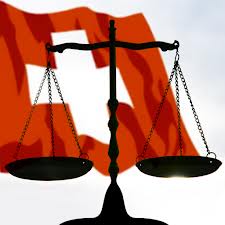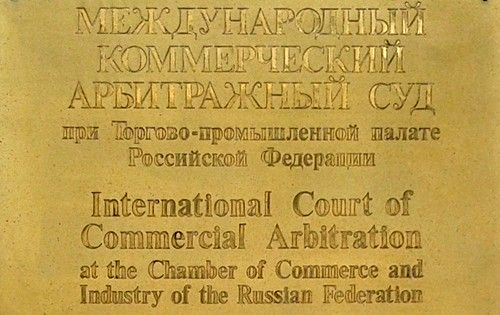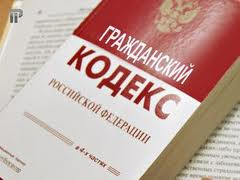
Author Archive: Ekaterina Butler
Ekaterina Butler is attorney with a Swiss law firm LALIVE. Her main areas of practice are international arbitration, international taxation and estate planning. Ekaterina holds a degree in law and economics from the University of London, SOAS, and a degree in linguistics from the University of St. Petersburg, Russia. See full profile.

In June 2013, the Federal Commercial Court of the Moscow Circuit rendered a decision allowing the enforcement of an Order for Termination of Arbitral Proceedings issued by a Swiss arbitral tribunal (with B. Berger (chairman), R. Favre Schnyder and V. Heiskanen as arbitrators). The CIS Arbitration Forum has already covered this story. Presently, the appeal to the Supreme Commercial […]
When faced with an almost identical issue in the course of arbitration proceedings, Swiss and Russian arbitrators or courts seem to reach different conclusions. A common issue in arbitration is an imprecise designation of the arbitral tribunal in an arbitration clause. This article considers the effect of such flawed arbitration clauses in the light of […]
This article follows up on an earlier publication dealing with the Vega Engineering v TransTeleCom case. In that dispute, TransTeleCom raised various grounds to challenge the arbitral award, which were all considered by the Russian Arbitrazh Court. One of the grounds – finality of the arbitral award – was discussed in the article mentioned above.online pharmacy […]
The Russian State Duma is considering draft amendments to the Russian Civil Code. Bad faith (недобросовестность) – already impermissible in the exercise of civil rights under article 10 CC RF – is expected to be wiped out right at the stage of “negotiations in view to conclude a contract” under new article 434 CC RF. Russia […]
Submitting to the jurisdiction of state courts instead of opting for arbitration may lead to unexpected difficulties when serving a statement of claim. A lesson drawn from the recent Canadian case [2012 ONSC 1522] discussed below should give another reason why arbitration may be preferred to litigation in state courts. In 1995 Khan[i] embarked on […]
In 2011, within the period of two months, the Supreme Commercial (Arbitrazh) Court of the Russian Federation rendered two important decisions concerning the enforcement of international arbitral awards. In both cases enforcement applications were challenged on the ground, inter alia, of excessive damages as contrary to the public policy of the Russian Federation. Pursuant to paragraph […]















Connect
Connect with us on the following social media platforms.